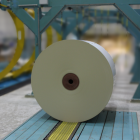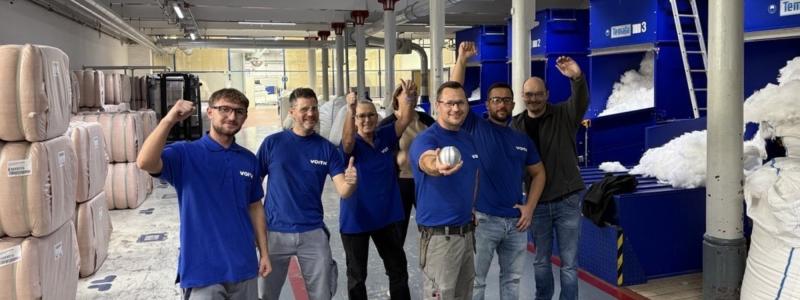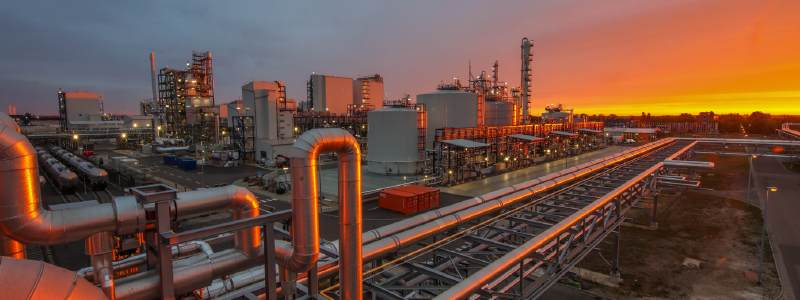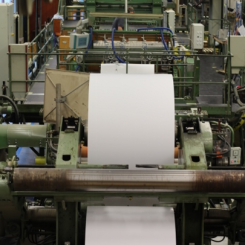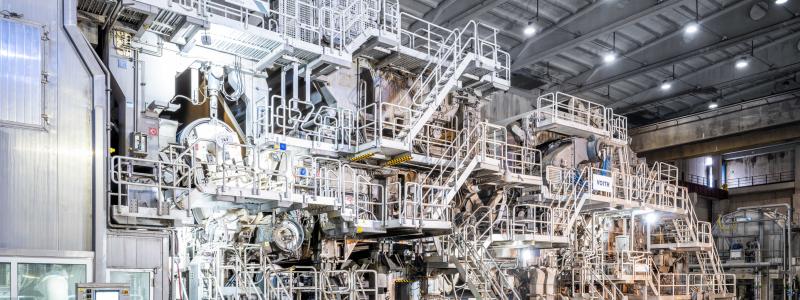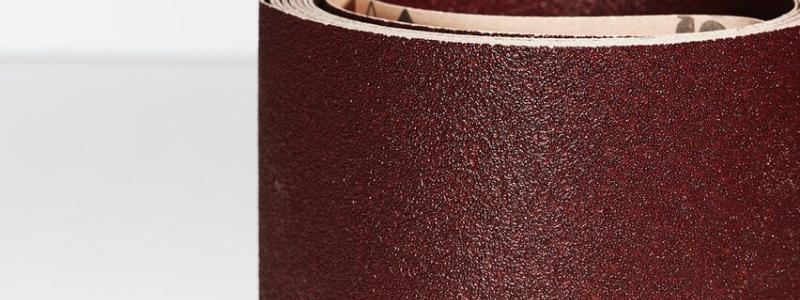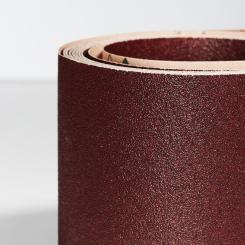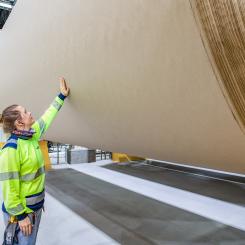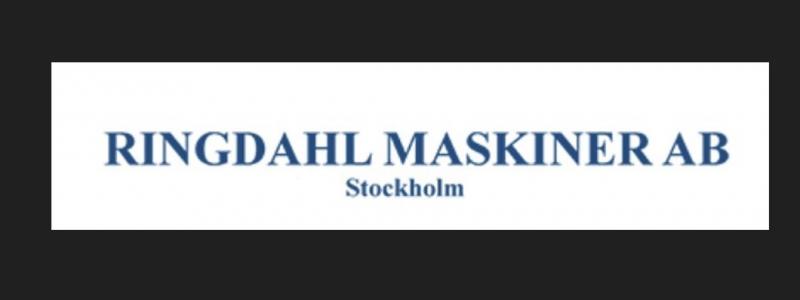Kimberly-Clark Corporation in 2009 continued to make progress toward its economic, environmental and social responsibility commitments according to its seventh annual sustainability report, Choices for a Sustainable Future. The report was recently issued and highlights the company's numerous achievements such as improving energy efficiency by 3.7 percent since 2005, reducing water usage by 13 million cubic meters, contributing $22.7 million to charitable causes worldwide and forming new relationships with environmental groups such as Greenpeace.
"Our progress in 2009 reflects the hard work of our employees worldwide in helping to integrate sustainable business practices into everything we do," said Suhas Apte, vice president of global sustainability at Kimberly-Clark. "While we are proud of our efforts, we realize that sustainability is an area in which our work will never be done. Our latest report shares our accomplishments of the past year and sets the stage for our future initiatives that are in the works for 2010."
As part of the sourcing standards it developed with Greenpeace in August 2009, Kimberly-Clark sought to use 40 percent of either recycled fiber or FSC-certified fiber in all of its North American tissue products by the end of 2011. Due to unusually favorable fiber sourcing conditions and additional FSC-certified fiber that became available in 2009, Kimberly-Clark surpassed this goal two years ahead of schedule with a total combined usage of 43.6 percent.
"We commend Kimberly-Clark for their tremendous efforts in surpassing this goal and appreciate their collaborative relationship," said Scott Paul, forest campaign director at Greenpeace USA. "The company's commitment to sustainable forest management is a challenge to competitors worldwide and we remain committed to working with them to achieve their sustainability objectives."
Apte continued: "While we're extremely pleased with these fiber procurement results, maintaining these targets over the next few years depends on the availability of FSC-certified fiber and waste paper, and future market conditions. We remain committed to achieving these goals as best we can as part of our collaboration with Greenpeace."


